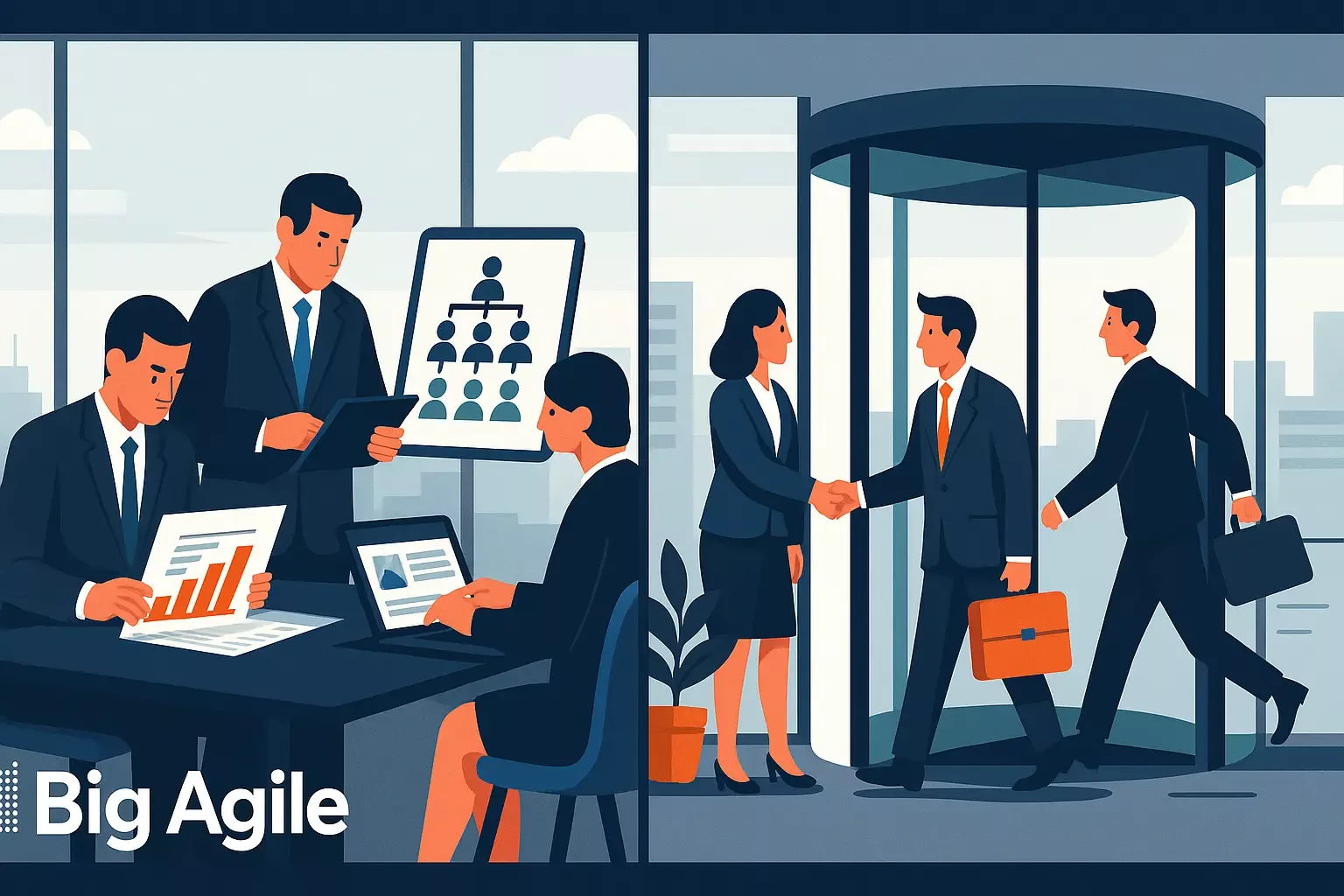
Did you know...
AI is not replacing jobs on a large scale; it’s reshaping them. While companies like IBM have made headlines for reducing headcount in specific roles due to AI, they are simultaneously rehiring for similar positions that require new human-AI collaboration skills. AI augments human work, particularly by enhancing lower-skilled workers’ productivity and generating new roles in the process.
Ok, So What?
This reframing has real-world implications. The idea that “AI will take your job” misses the more profound truth: AI is more likely to transform your job. Generative AI, machine learning, and automation tools free humans from repetitive tasks and enhance judgment-driven work. MIT’s research shows that AI benefits are most significant when humans stay “in the loop” or work “in the group” with machines, what Thomas Malone calls “superminds.”
For businesses in ASEAN and globally, this means talent strategies must shift from replacement to retraining and reinvention. Companies need to integrate AI into roles, not eliminate them, which often leads to better outcomes, such as higher job satisfaction, productivity, and innovation.
Now What?
Here are three ways your business can apply these insights:
- Upskill for Augmentation: Instead of eliminating roles, utilize AI to enhance the skills of existing talent. For example, call center agents with access to AI tools like ChatGPT have significantly improved their performance, particularly those who were previously underperforming.
- Redesign Job Functions: Reframe roles to focus on tasks that humans excel at, such as judgment, empathy, and strategy, while offloading repetitive tasks to AI. This not only boosts productivity but also enhances job satisfaction.
- Collaborate Across Ecosystems: Engage government, academia, and the private sector in developing AI-ready workforce policies. Consider superminds, human-machine collectives that solve problems more effectively than either could alone.
Questions to think about:
- Are you designing your workforce and roles with AI as a tool or as a replacement?
- What investments are you making in human capability development as AI reshapes industries?
- Could your talent strategy become a competitive advantage in the age of AI?